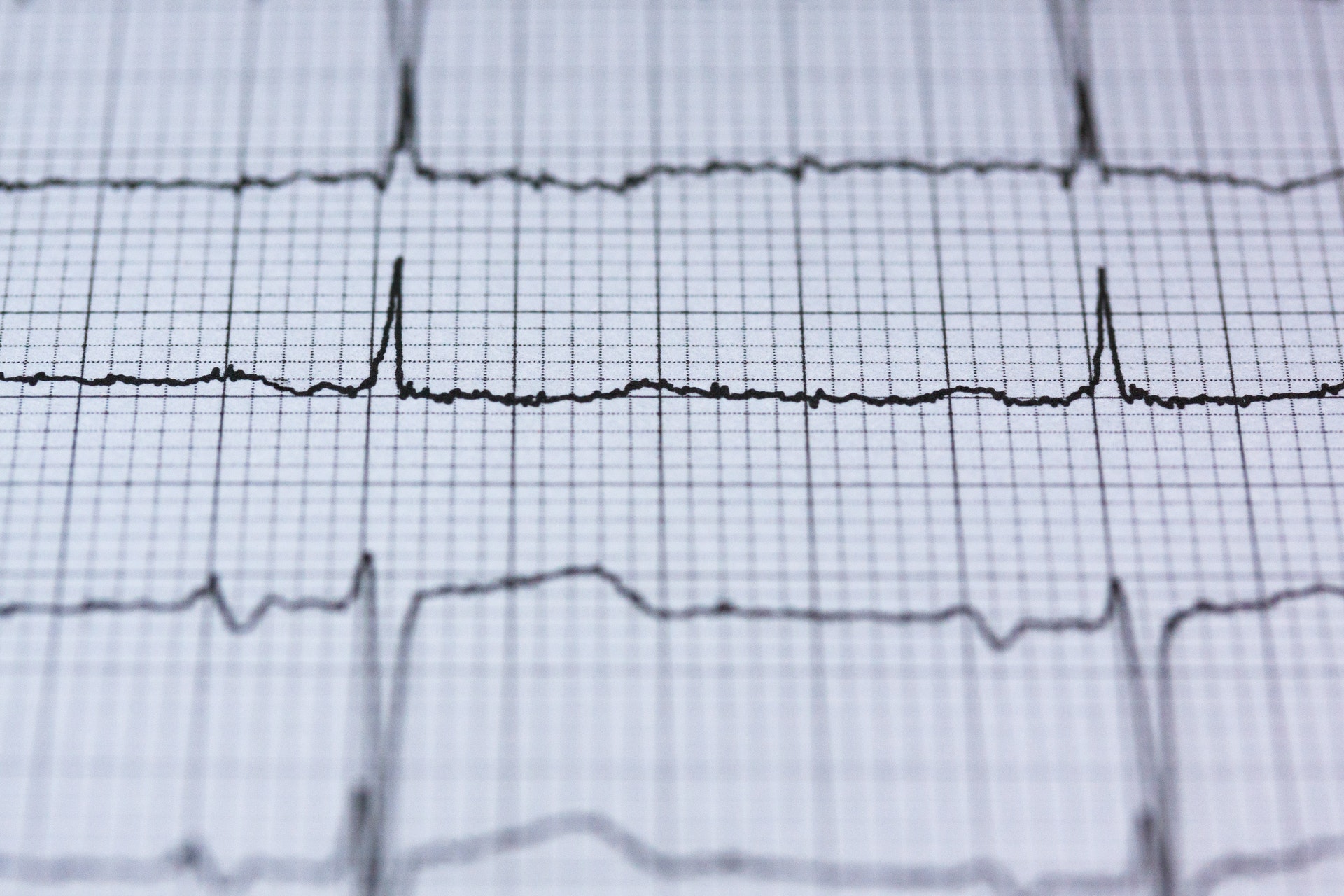A stress test is basically an exercise stress test that shows how your heart functions during activity. This is because your heart pumps faster and harder during exercises, making it easy to detect complications with blood flow. However, experts such as Satjit Bhusri, MD, who offers stress testing in Upper East Side, should do the stress testing. But why is the test important?
A Diagnostic Tool
A stress test is a diagnostic tool for several cardiovascular complications. Therefore, if you have signs of a particular condition, your provider can recommend a stress test to acquire valuable information to diagnose your complication. The test includes using an electrocardiogram that shows how your heart reacts to an intense workload, or your provider can add some medications to stimulate the heartbeat rate artificially. This captures necessary information to detect problems in your cardiovascular system.
Why it Becomes Necessary to Undergo a Stress Test
If you report certain symptoms such as chest pain, fainting, shortness of breath, heart palpitation, and dizziness, you can become a candidate for a stress test. Your doctor may recommend the test for the following reasons:
To Assess Your Blood Flow
This is one of the prime reasons why you will undergo a stress test. Your doctor might want to assess your blood and oxygen flow to your heart.
To Assess Your Heart Rhythm
Sometimes if you are experiencing an irregular heartbeat, your doctor might use a stress test to assess your heart rate as it may be slower or faster. This will also help them assess your heart rhythm and determine if you have any underlying complications or are at risk related to your heart rhythm.
To confirm a Heart Condition
If your doctor has diagnosed a heart complication through other diagnostic tools, a stress test can only be done to confirm the diagnosis. You might show particular symptoms related to a certain issue, and only confirmation is needed. Some of the heart conditions diagnosed through a stress test include:
Coronary artery disease: this is a complication that develops when your arteries to your heart become damaged or diseased. This can be due to cholesterol or plaque build-ups.
Arrhythmias: this is a heart rhythm complication, and as mentioned earlier, a stress test can assess your heart rhythm. Arrhythmias is a condition where your electrical impulses that coordinate your heart rhythm fail to function properly. This can make your heart beat irregularly, too slow, or too fast.
To Treat a Heat condition
A stress test, being a diagnostic tool, can prevent future heart complications by effectively managing the first signs of the condition’s symptoms. It can likewise be a worthwhile exercise to determine if your condition is improving. Besides, it can be used to determine if additional treatment options are needed to improve your condition.
To determine a Fitness Plan
If you are recovering from a heart condition, your doctor can recommend a stress test to determine how you can safely engage yourself in a daily exercise routine. Besides, if you want to begin an exercise routine, your stress test results can show the level of intensity of exercises you can participate in and those that you can avoid.
If you have symptoms related to a cardiovascular condition and you would like to diagnose or confirm your complication, stress testing specialists such as Dr. Bhusri can help you. Contact Upper East Side Cardiology for more information.



